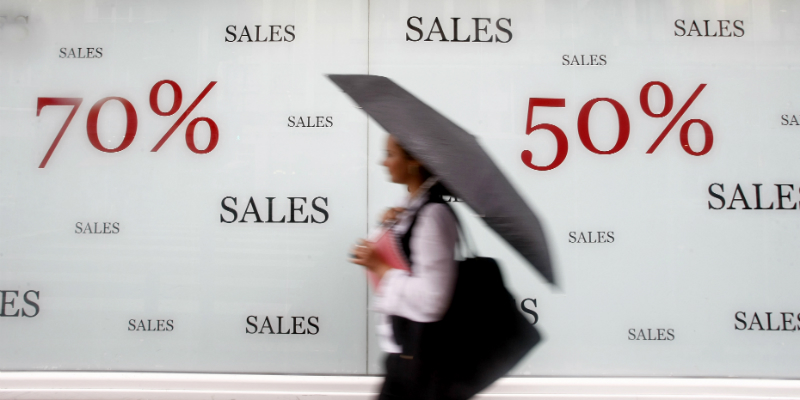
On my commute to work I read an article on how a large proportion of retailers were selling products on Black Friday at prices that shoppers could have bought cheaper on either side of the day.
Correct me if I’m wrong but isn’t Black Friday meant to be the ‘sale of sales’? Retailers may argue that it’s just another sales promotion and nothing is set in stone. However, I’m pretty sure the ‘hype and marketing’ aims to lure the consumer into buying on this day because prices are supposedly at their lowest throughout the year.
Yet according to Which?, some retailers sell the same product at a cheaper price at other times of the year!
Why Black Friday is So Important for Retailers to Get Right?
For retailers, maximising sales at this time of year can be the difference between a good and bad year.
However, I wonder whether some brands are losing sight of the bigger picture?
Today’s consumer has become better informed, more savvy, and quite often less loyal. The emotional connection customers have with a brand can be affected by anything that:
- Delivers a poor experience
- Triggers a reason for mistrust
- Puts the retailer in a poor light
Think about it, a consumer buys their HD television at the ‘best ever price’, only to discover two weeks down the line that they can now buy it for £50 less. There is a high risk this could seriously damage a consumers connection with your brand, so is it worth the risk?
Is Black Friday Worth it for Retailers?
To decide whether Black Friday is worth the risk, we need to consider some key factors.
Black Friday is Losing Popularity
Look back a couple of years and there were mad scrums & fights in stores across the country. Last year Black Friday was relatively quiet on the high street, with many customers seemingly put off from going back to the stores.
This year it seems that discounting is under scrutiny.
So is this a problem for retailers?
I’d suggest it could be because nobody likes to feel misled. Damage the emotional connection with the brand and it’s really hard to re-establish.
Does Black Friday Breed Customer Distrust?
If consumers feel cheated, then winning back their trust is a real challenge. This is something that we discovered when researching the impact advertising can have on loyalty attitudes. Our findings are more broadly discussed in the article ‘The lifetime of a habit’ in Impact magazine.
In summary, brands need to think about the long term and not just rapid acquisition, even in one off purchases. Many brands that have been successful recently are those that have eschewed complex discount schemes in favour of simplicity.
To understand whether your approach to sales and discounts is breeding distrust, find out more about how to measure customer experience.
Alternative Approaches: What to do Instead of Black Friday?
Low cost retailers like Aldi and Lidl are taking business from established supermarket by offering value and simplicity. They lead on straightforward, low prices, as opposed to the more complex ‘deals’, sales events like Black Friday or loyalty points discounts.
At the other end of the scale Marks & Spencer Food have been better at growing and retaining their customers by focusing on quality of their product and clear understanding of what their customers want.
Of course, Black Friday isn’t really as relevant to food retailers, but it is worth looking at how other brands engender trust to see how you could stand out from the crowd.
How do you Know if Black Friday was Worth It?
Measuring your sales and revenue on Black Friday isn’t enough. Measuring and monitoring your customer’s experiences is key to understanding whether your approach is going to work in the long term.
Our bespoke Customer Experience programmes give organisations insight and clear prioritization of key areas of improvement to increase return on investment and measure core KPIs.